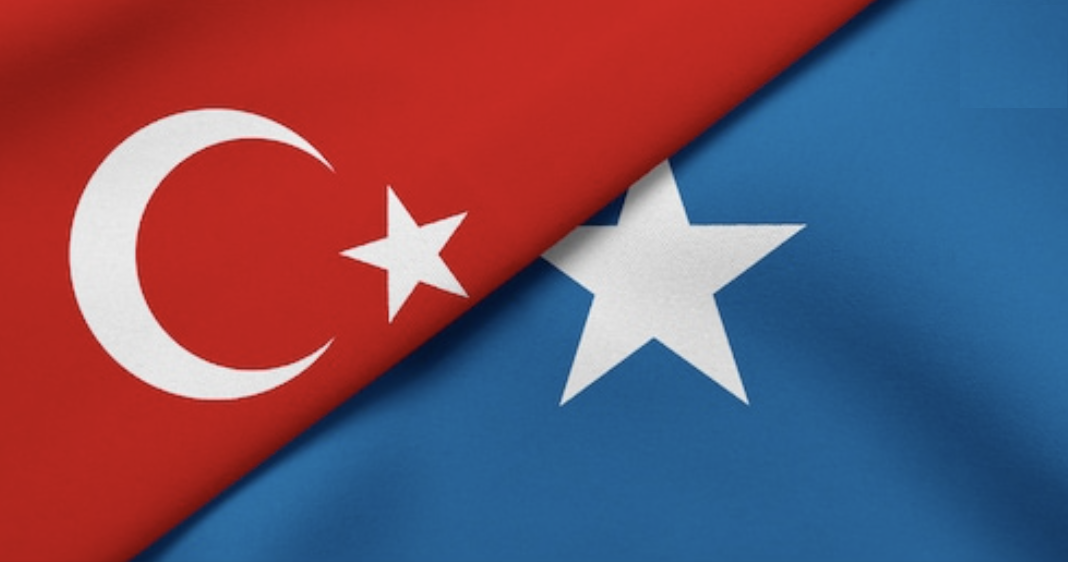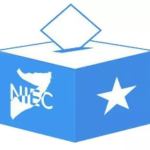20 August 2021
This month marks the 10th anniversary of Somalia-Turkish relationship. Aaran Center looks back Turkish engagement in Somalia and the impact of it’s ‘soft power’ strategy.
This month marks the 10th anniversary of the Somalia-Turkish relationship, prompting a critical examination of Turkey’s engagement and the impact of its “soft power” strategy. As the Aaran Center observes, Turkey’s involvement in Somalia represents a significant manifestation of Ankara’s “Open to Africa” policy, inextricably linked to its broader African agenda.
The trajectory of this relationship shifted dramatically in 2011 with President Erdoğan’s (then Prime Minister) visit to Mogadishu amidst a devastating famine. This pivotal moment solidified Turkey’s commitment, intertwining development aid, diplomatic initiatives, and commercial expansion within its broader ambition to ascend as a global actor and a competitive force. A defining characteristic of Turkey’s approach has been the conspicuous nature of its projects and the expeditious, direct delivery of aid, fostering goodwill and garnering support among the Somali populace.
In recent years, Turkey has become increasingly attractive to Somali politicians, business elites, and diaspora members. The 2018 reduction of the investment threshold for Turkish citizenship from US$1 million to US$250,000 has particularly resonated with this demographic. This pathway to acquiring Turkish passports facilitates international mobility and business opportunities.
While Turkey has demonstrated a capacity for assertive foreign policy interventions in regions such as Syria, Libya, and Azerbaijan, its current focus appears to be shifting towards Ethiopia, a nation facing its own set of critical challenges. This raises questions about the future of Turkey’s engagement in Somalia. It is imperative that Turkish authorities reassess their development aid strategy in Somalia, leveraging their established influence to proactively contribute to the country’s complex state-building processes. Simultaneously, Somali political leadership should recognize Turkey as a potentially valuable long-term strategic partner, prioritizing the mutual benefits and national interests of Somalia and its people.
This analysis suggests that while Turkey’s “soft power” approach has yielded positive results in Somalia, a recalibration of strategies may be necessary to ensure continued progress and address the evolving geopolitical landscape. Further research is needed to fully understand the long-term implications of Turkey’s engagement for Somalia’s development and stability.








Leave a Reply